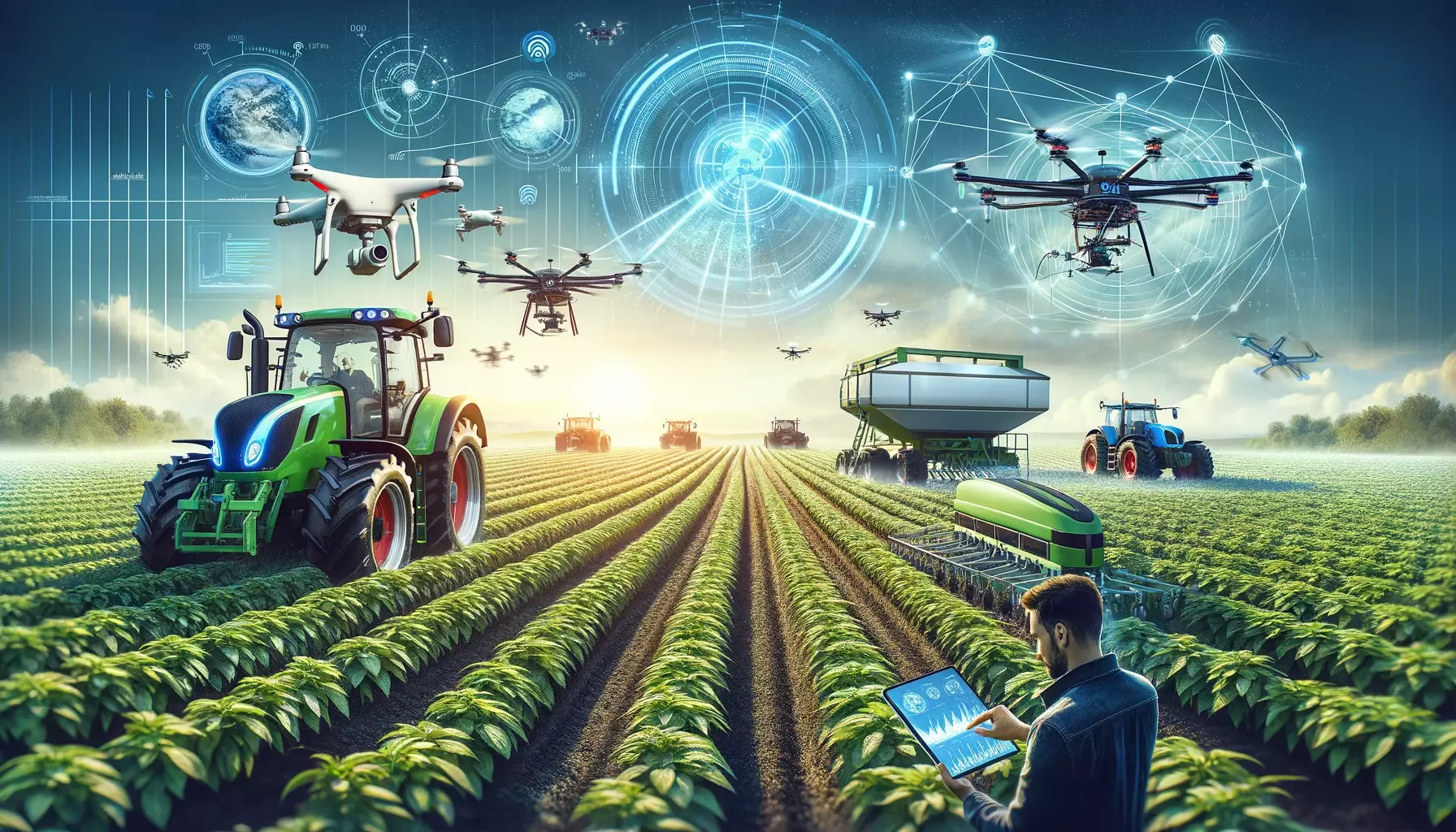Introduction to Precision Agriculture Precision agriculture represents a significant leap in farming practices, utilizing advanced technology to optimize both the efficiency and effectiveness of agricultural operations. This approach involves analyzing data from various sources, including satellites, ground sensors, and drones, to make more informed decisions about crop management, soil health, and resource allocation.
The Evolution of Farming Practices Historically, farming relied heavily on generalized approaches to cultivation and management. Precision agriculture, however, introduces a paradigm shift, leveraging technology to tailor farming practices to specific conditions within each field. This evolution signifies a move from a one-size-fits-all methodology to a more nuanced, data-driven strategy that considers the unique characteristics of each plot of land.
Technology at the Core At the heart of precision agriculture are technologies like GPS guidance, soil scanning, data management systems, and automated hardware. These tools enable farmers to assess their land and crops with unprecedented accuracy, leading to more precise planting, fertilizing, and watering. This precision not only enhances crop yields but also reduces waste and environmental impact.
Benefits of Precision Agriculture The primary benefits of precision farming include increased crop yields, reduced costs, and minimal environmental footprint. By applying the exact amount of water, fertilizers, and pesticides where and when they are needed, farmers can significantly reduce resource consumption and prevent runoff, thereby protecting surrounding ecosystems.
Challenges and Future Prospects Despite its advantages, precision agriculture faces challenges, including the high cost of technology and the need for specialized skills to interpret and act on data. However, as technology advances and becomes more accessible, these hurdles are gradually being overcome. The future of precision agriculture is poised to bring even more innovative solutions, such as AI-driven decision-making and further automation of farming tasks.
Conclusion Precision agriculture marks a transformative step in the realm of farming. By harnessing the power of technology, this approach not only promises higher efficiency and yields but also contributes to a more sustainable and environmentally friendly agricultural sector.
